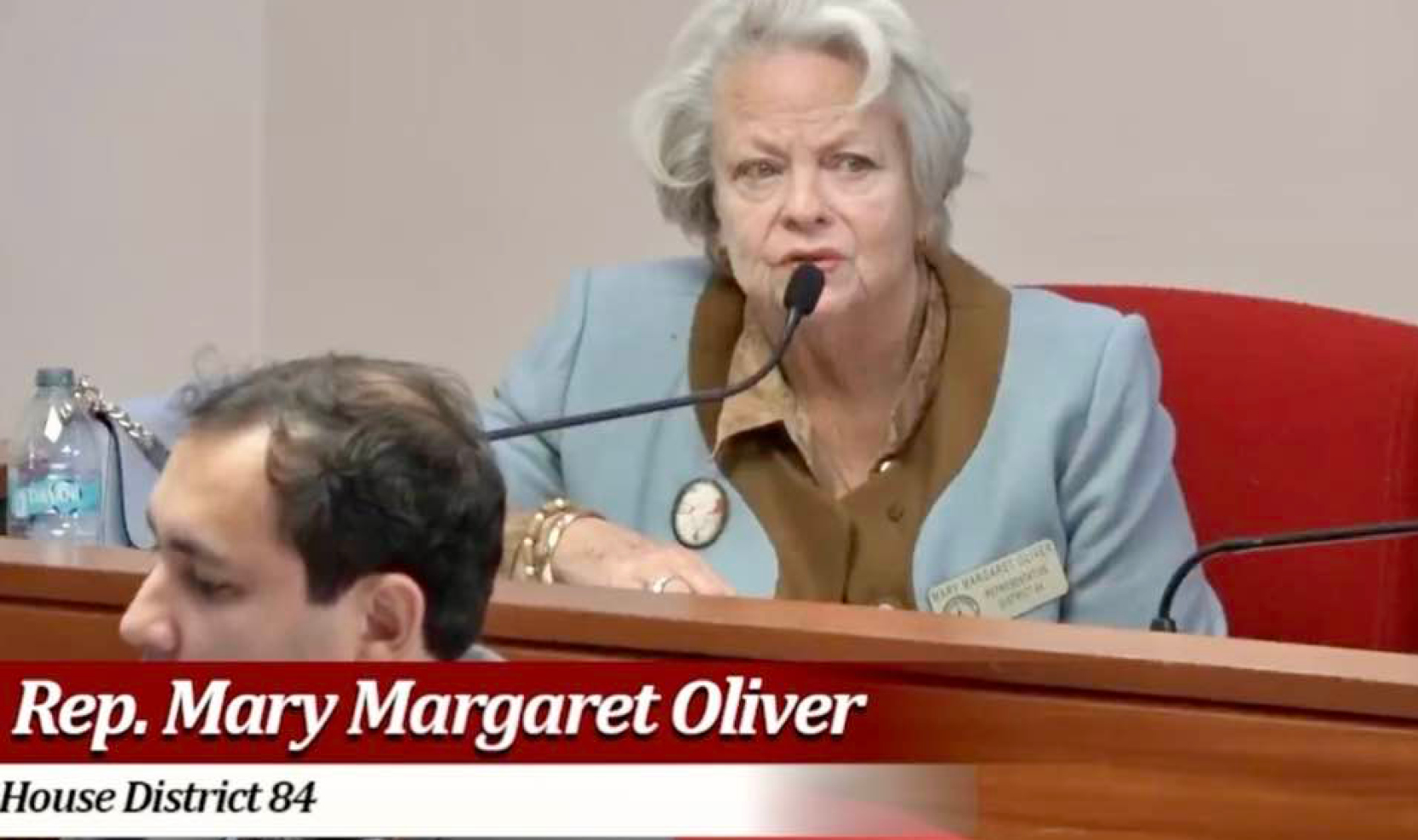Georgia House Seeks More Improvements to Mental Health

By Jeff Amy, Associated Press
ATLANTA (AP) — The Georgia House is pushing forward a plan aimed at doing more to recruit mental health care workers, and finding ways to help people who bounce between hospitals, jails and homelessness.
Representatives voted 163-3 on Thursday to pass House Bill 520, sending it to the Senate for more debate.
Supporters say the measure builds on a big mental health care push spearheaded in 2022 by the late Republican House Speaker David Ralston. They say finding solutions is a multiyear process.
"We got to Everest, to the first base camp," said Rep. Todd Jones, a Republican from Cumming who is co-sponsoring the bill. "Let’s get a little closer, to the second base camp.”
The bill would try to add more workers by forgiving student loans for nurses and others already in the health care field, on top of the loan forgiveness granted to current students in last year's law. It would also try to make it easier to apply for and renew occupational licenses, recruit workers from other states and countries, and ease training requirements for workers licensed in other states.
“Workforce is our biggest challenge," said Mary Margaret Oliver, the Decatur Democrat who is the other co-sponsor.
The measure would also try to make it easier for officials to use a form of court-ordered outpatient treatment created last year. It would create new crisis stabilization units in Columbus, Dublin and the Atlanta area, and mandate more data sharing among agencies to assist with studying problems and planning for services.
Last year’s measure pushed private insurers to abide by long-existing federal requirements to provide the same level of benefits for mental health disorders as they do for physical illness. It also required publicly funded insurance programs to spend more on patient care and authorized loan forgiveness. The law also allowed police officers to take someone they believe is in need of mental health treatment to an emergency facility for evaluation.
Funding for the state’s Department of Behavioral Health and Developmental Disabilities was increased by $180 million this year. Sponsors have said they expect more spending in the budget that begins July 1, particularly aimed at how much Medicaid pays for care. That, in turn, could allow Medicaid providers to raise wages for workers.
The bill would require a series of studies, including one that would look at beds available for inpatient mental health care in the state.
“We don’t know the type of beds we have," Jones said. "We don’t know the workforce that aligns with that bed. We don’t know the rates. We don’t know the conditions and we need to know that.”
The Department of Behavioral Health and Developmental Disabilities would be required to provide county coordinators to cut the number of people who end up in jails during a mental health crisis.
That mental health agency would also have to develop best practices to aid people who frequently cycle between jail, health providers and homelessness. Behavioral health screening programs would be provided to jails, and efforts would be made to connect people leaving jails to community mental health programs.
“Many people in our correctional system are not inherently wrongdoers, they’re simply ill," said Rep. Gregg Kennard, a Lawrenceville Democrat.
Meanwhile, the state would make sure that such people could qualify for housing despite a criminal record, and seek to increase supportive housing available to such patients.



.png)

